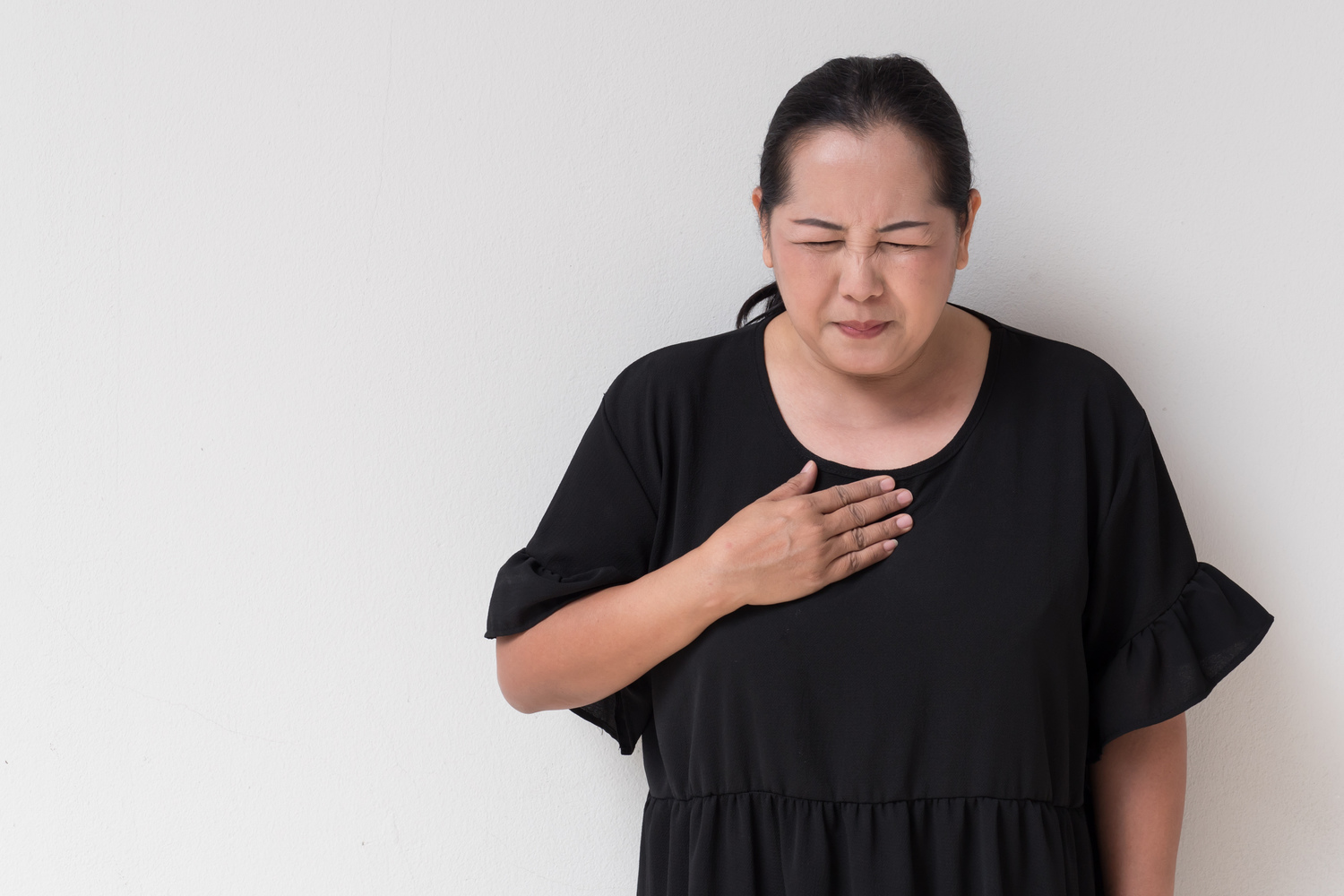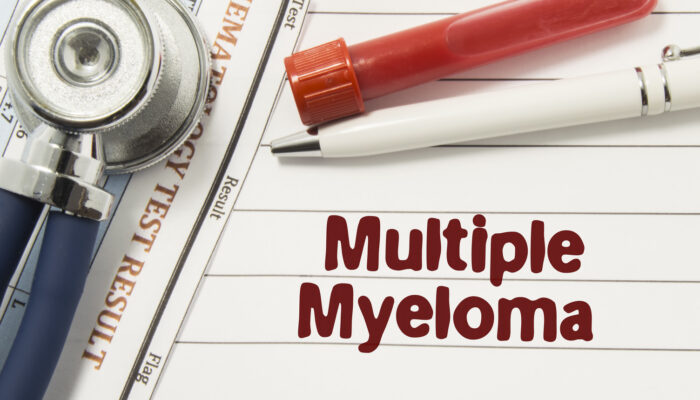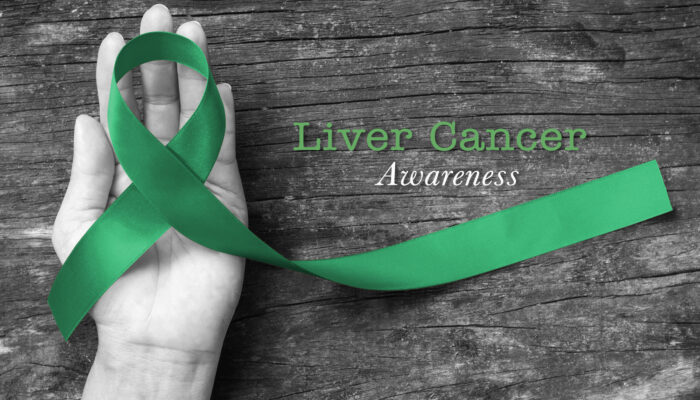
All you need to know about GERD
Gastroesophageal reflux disease (GERD) is a digestive disorder affecting the ring of muscle located between the esophagus and the stomach, which is called the lower esophageal sphincter.
GERD causes heartburn, chest pain, and acid indigestion. It’s a common health issue that affects millions every year. GERD is a condition in which stomach acid affects the lining of the food pipe. The bile produced by the liver gets affected as well and irritates the lining.
When the lower esophageal sphincter is weak, it pushes the food back into the esophagus, causing irritations and discomfort.
Symptoms
The top symptoms of GERD include
- Heartburn or a burning sensation in the chest after eating
- Chest pain
- Difficulty in swallowing food
- Food or sour liquid regurgitation
- Lumpy feeling in the throat
- Gastrointestinal bleaching
- Bitter taste in the mouth
- Dry cough and discomfort in the upper abdomen
Causes and risk factors
Acid reflux or acid indigestion is the leading cause of GERD. Certain factors increase the risk and further aggravate the cause and effects of GERD, such as
- Obesity
- During pregnancy
- Smoking
- Certain allergic medications
- Disorders of the connective tissues
- Emptying the stomach takes longer than usual
- Consuming heavy meals, especially late at night
- Specific foods like fatty and fried foods
- Excessive caffeine consumption or alcohol intake
- A bulge at the top of the stomach up to the diaphragm
Symptoms
The esophagus is exposed to severe complications following persistent inflammation. It can form scar tissues leading to a narrow esophagus that makes swallowing difficult. The acids in the stomach can wear away the esophagus tissues leading to esophageal ulcer.
GERD a condition wherein an open sore forms in the esophagus and causes bleeding and pain with difficulty in swallowing. The condition can also lead to changes in the esophagus tissue lining and increases the chances of esophageal cancer.
Diagnosis
Doctors usually diagnose GERD through tests such as
- Endoscopy of the esophagus and upper end of the stomach
- Ambulatory acid probe test
- Esophageal manometry
- X-ray of the digestive system, preferably the upper part
Treatment
There are various options ranging from medications to surgery for treating GERD. In rare cases, wherein individuals don’t respond to medication, surgery for GERD is inevitable. However, it should be the last option to treat the condition after incorporating all other measures and treatments. One has options such as
- Antacids to neutralize stomach acids
- Medications that reduce acid production
- Medicines to successfully block acid production and promote the healing of the esophagus
- Receptor blockers
- Proton pump inhibitors
- Fundoplication surgery that incorporates a laparoscopic procedure
Incorporating several lifestyle changes can help reduce and also prevent the effects of GERD. Some of them are
- Not smoking
- Keeping a check on your weight
- Elevating your pillow while sleeping
- Don’t go to bed right after a meal
- Chew food thoroughly and slowly before swallowing
- Avoiding foods high in fats, fried foods, alcohol, chocolate intake, and caffeine
- Not wearing tight-fitting clothes around the waist and the abdomen



